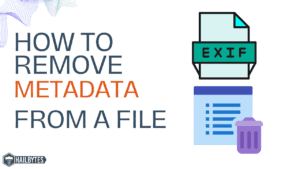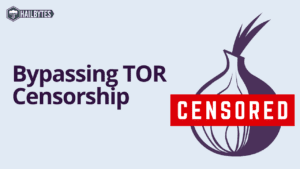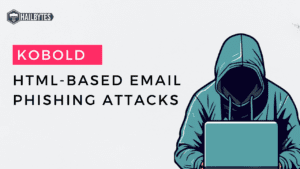Case Studies of How MFA-as-a-Service Has Helped Businesses

Introduction
One of the best actions you can take to protect your business or personal information is to
utilize Multi Factor Authentication (MFA). Don’t believe me? Countless businesses,
organizations, and individuals have protected themselves from the financial loss, identity theft,
data loss, reputational damage, and legal liability that could result from being hacked. This
article will analyze how MFA helped Bank of America, Dignity Health, and Microsoft.
What is MFA
MFA is a security measure that requires users to provide more than one form of identification to
verify their identity. This typically involves a combination of something the user knows (e.g.,
password), something they have (e.g., smartphone or hardware token), or something they are
(e.g., biometric data like fingerprints or facial recognition). By requiring multiple factors, MFA
strengthens the security of accounts and helps prevent unauthorized access.
Case: Bank of America
Bank of America, a large financial services company, had been experiencing a high volume of
phishing attacks, which were costing them time and money to investigate and remediate. After
implementing MFA-as-a-Service, the number of phishing attacks dropped by 90%. This saved
the company a significant amount of money and resources.
Case: Dignity Heath
Dignity Health, a small healthcare provider, implemented MFA and was able to achieve HIPAA
compliance. The provider was required to comply with HIPAA, which has strict security
requirements. After implementing MFA-as-a-Service, the provider was able to demonstrate that
they were in compliance with HIPAA. This helped them avoid costly fines and penalties.
Case: Microsoft
Microsoft, a global technology company, implemented MFA and was able to reduce its risk of
data breaches. The company had a large number of employees and customers who accessed
its systems from all over the world. This made them a target for hackers. After implementing
MFA, the company was able to reduce its risk of data breaches by 80%.
Conclusion
The case studies of Bank of America, Dignity Health, and Microsoft demonstrate the significant
impact that MFA-as-a-Service can have on enhancing security and protecting businesses. By
implementing MFA, these organizations successfully mitigated risks associated with phishing
attacks, achieved compliance with industry regulations, and reduced the risk of data breaches.
These tangible results highlight the effectiveness of MFA-as-a-Service in safeguarding sensitive
information and preserving the reputation and financial well-being of businesses.







